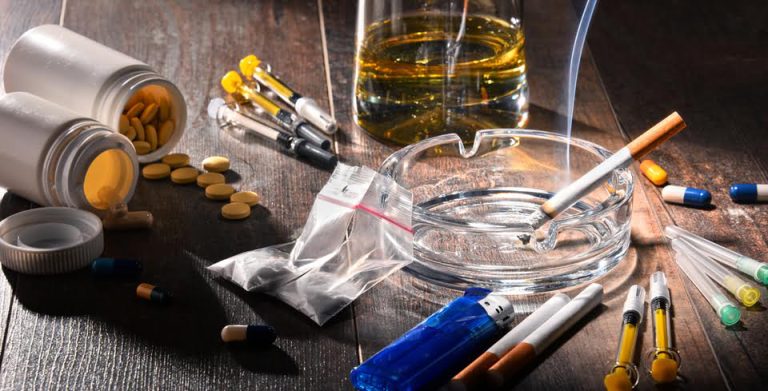These drugs work by either thinning your blood or raising the time it takes for blood clots to form. Several antibiotics, antifungal drugs, blood pressure medications, and antidepressants can increase your chance of bleeding. This also includes nonsteroidal anti-inflammatory drugs (NSAIDs) such as Ibuprofen (Advil, Motrin) or Naproxen (Aleve). Make sure to tell your doctor about all the medications you’re taking.
Blood Thinner Drugs
After completing the alcohol exposure, they tested the mice using electrophysiological studies, calcium imaging, and biochemical arrays. While more research is needed, these findings http://msu.kharkov.ua/ctg/0/10/?page=133 show that women on estrogen placement may need to be careful with alcohol consumption. The rats that received estrogen showed the benefit of having reduced weight gain and fat mass.

Types and Common Blood Thinners
Healthcare providers prescribe antiplatelets to people who are at a higher risk of getting a heart attack or have previously experienced a heart attack or stroke. These medications can help reduce the likelihood of having another cardiovascular event. Aspirin (acetylsalicylic http://teatr-kino.ru/comment/reply/4/63 acid) is the most common antiplatelet drug. Other common medications include Plavix (clopidogrel), Effient (prasugrel), and Persantine (dipyridamole). There are several types of blood thinners, and each is categorized by how they prevent blood clots from forming.
Understanding Alcohol’s Detrimental Effects on Liver Function

This information is being provided to you for educational and informational purposes only. This page is meant to provide educational information for patients living with Atrial Fibrillation and as a self-help tool for your own use. Providing this educational information does not constitute the practice of medicine and does not establish a physician-patient relationship with any individual who has access to these materials.

Treatment for alcohol use disorder
Taking too little of these medications might not be effective and taking too much can lead to serious bleeding. Having discussed how to manage alcohol misuse, let’s examine the possible interactions between Eliquis and other medications. Heparin can affect other components of your blood and your bones, with side effects ranging from mild to severe. But if you eat moderate amounts of green vegetables every day, your doctor http://jocker.dn.ua/jenshiny-v-sovremennoi-rok-myzyke can take that into account when determining the dosage you need, she adds. Wear a medical-alert bracelet, available in some pharmacies and online, or carry a card in your wallet that states the name of your blood thinner, the Cleveland Clinic advises. “The main side effect of a blood thinner, not surprisingly, is bleeding,” says Christopher B. Granger, MD, a cardiologist at Duke Health in Durham, North Carolina.
- Vitamin K antagonists should also be avoided during breastfeeding to prevent the medication from passing on to the child through breast milk and affecting the child’s blood.
- Atrial fibrillation is one of the most common heart rhythm problems.
- Alcohol should be limited while using Effient, especially among older adults.
- Given that estrogen can help protect the heart, the researchers wanted to learn whether that benefit is still present when consuming alcohol.
- Experts define binge drinking as consuming in excess of four drinks for females or five drinks for males within around 2 hours.
- The International Normalized Ratio (INR) blood test measures how fast your blood clots and lets the doctor know if your dose needs to be changed.
- Moreover, alcohol can potentially augment and extend the effects of Eliquis as a blood thinner, thereby increasing the risk of bleeding.
- It is essential for patients on these medications to understand their side effects and interactions, as they can vary widely among different blood thinners.
Thus, patients should be advised to limit the frequent use of caffeine-rich products i.e. tea and coffee during warfarin therapy. It is always a good idea to discuss your daily diet and eating habits with your provider at your appointments. AddictionResource aims to present the most accurate, trustworthy, and up-to-date medical content to our readers.
- Those who have heavy under-eye bags may want to rethink getting filler in that area, since it’s unlikely to help with puffiness or excess fat in the area.
- Taking grape extract may increase your risk of bruising and bleeding, especially if taken with other blood-thinning products.
- If you do drink alcohol while on blood thinners, do so in moderation.
- More than 70% of the mice in the binge drinking group developed Afib.
- Despite their name, blood thinners (also called anticoagulants) don’t actually thin your blood.
Check Your Medicine


Recent Comments